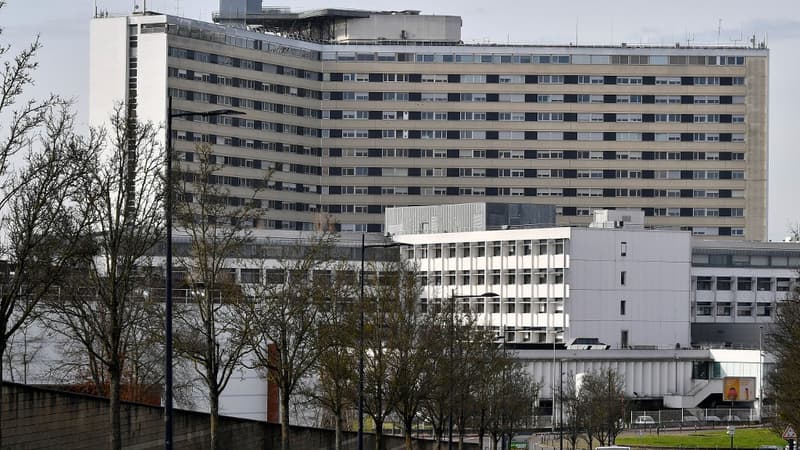This is extremely rare news in France. Six patients were admitted this weekend to the Bordeaux university hospital for botulinum toxin poisoning, the ARS of Nouvelle-Aquitaine announced this Tuesday, confirming the information from the regional newspaper. Southwest. Three people are in intensive care on life support, while another probable case has been accounted for and an eighth is “under analysis.”
The people admitted presented “various neurological or digestive symptoms” and “will receive treatment with botulinum toxin.”
The victims are, for the most part, foreign citizens. They would be Germans, Americans and Canadians. The common point is that they all visited the Tchin Tchin Wine Bar, in the city center, a stone’s throw from the Place de la Bourse. There they would have consumed suspicious foods”, at this point, canned sardines made at home by the restaurateur.
Call to vigilance
The ARS emphasizes that, given the incubation time that can range between a few hours and a few days, health facilities are “called to the greatest vigilance.”
“People who have frequented this Bordeaux establishment are called upon to be extremely vigilant and to consult in case of symptoms,” the statement advises.
The Gironde Departmental Directorate for the Protection of the Population (DDPP) has launched an investigation into the establishment in question. These are 10 samples that were taken to look for germs and botulinum toxin. The results of the analyzes will be known within three days.
A rare but deadly infection
As authorities remind us, botulism should not be taken lightly: the infection is fatal in 5 to 10% of cases. It is a serious neurological condition caused by the bacteria Clostridium botulinum. This is especially preserved in poorly preserved foods.
However, cases are rare, 0.5 per million inhabitants according to the Ministry of Agriculture.
“In France, most cases of botulism correspond to food poisoning (…) from foods that have not gone through an extensive sterilization process: sausages, sausages or even preserves of family or artisanal origin,” lists the ARS.
In the vast majority of cases, treated patients “cure without sequelae”, however, the duration of treatment and convalescence can extend for several months.
Source: BFM TV


